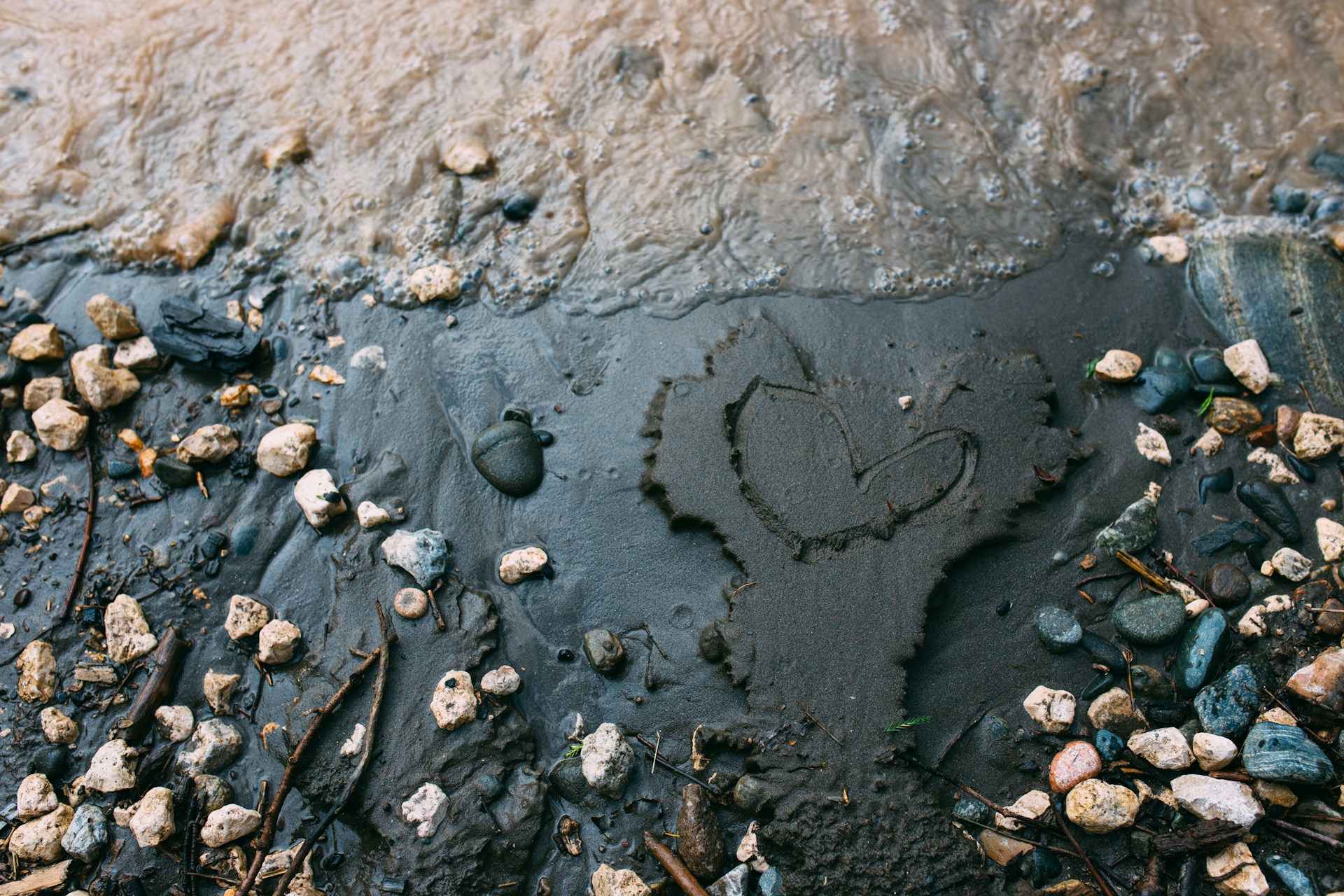Insurer Cap for Singapore Oil Spill Set at S$8 Million

The insurer for the bunker tanker involved in the recent oil spill in Singapore has a claim limit of S$8 million (US$5.9 million), as revealed by Singapore’s Transport Minister Chee Hong Tat at a joint ministerial press conference on June 24.
Oil slicks from the spill drifted into neighboring Malaysia, prompting its government to advise affected fishermen to file claims with the insurer, British Marine. Reports from Malaysian media estimate that up to 200 fishermen in Johor state, the closest Malaysian state to Singapore, have been unable to fish or had their equipment damaged by the oil.
The incident occurred on June 14 when the Van Oord dredger Vox Maxima lost control and collided with the bunker tanker Marine Honour, owned by Singapore-based Straits Bunkering. At the time of the accident, Marine Honour was refueling the Evergreen ship Ever Blink at Pasir Panjang Terminal. The collision breached Marine Honour’s cargo tank, releasing 400 tonnes of fuel oil into the sea.
If claims exceed British Marine’s coverage cap, affected parties can seek compensation from the International Oil Pollution Compensation (IOPC) Fund, which has a higher limit of S$362 million (US$268 million). The IOPC Fund acknowledged the spill on its LinkedIn page, noting that Singapore is a member state and that the fund will collaborate with local authorities to manage the response.
Minister Chee explained, “The amount has been set based on what they (the IOPC) assess will be necessary to deal with oil spill incidents. And you can imagine in the past, there have been many of these... at a much more massive scale, than what we are experiencing, in other parts of the world.”
At the same press conference, Minister for Sustainability and the Environment Grace Fu reported that over 700 personnel have removed 550 tonnes of oil-soaked sand from several beaches.
“This effort would not have been possible without the tireless and coordinated efforts of our cleaning personnel from agencies and their service providers,” Fu said.
She noted that the next phase of the cleanup will be more complex, focusing on rock bunds, breakwaters, and oil trapped deep in sand, which are harder to clean due to their uneven surfaces. This phase is expected to take three months. The final cleanup phase will involve using rakes and sieves to remove hardened oil from the sand on beaches.
Minister Chee pointed out that while the Maritime and Port Authority of Singapore deployed dispersants and oil booms around Marine Honour, these measures could not entirely prevent the oil from spreading.
“There’s some misperception that these oil booms could have prevented the spilled oil from floating elsewhere. (The booms) aren’t 100% foolproof, because the tidal currents and waves can carry the oil to go below or above the booms,” he said.
Chee added that the salvage company, T&T, required several hours to load the heavy equipment and sail to the spill site. The Singapore government will seek to recover the cleanup costs from British Marine.